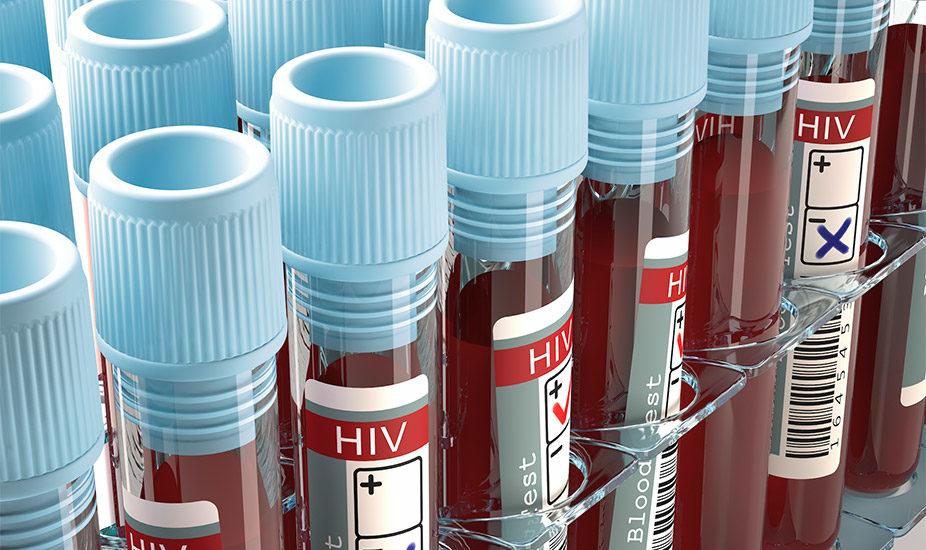Finding A Cure For HIV
Research continues on several HIV cures. With millions of people infected with HIV, there is no time to waste. The sooner we are able to find a permanent HIV cure, the earlier people can start living their lives again. As of now, there are still no proven effective HIV cures.
One major concern about HIV is the fact that scientists do not know how to stop the infection from happening in the first place. A leading group of researchers argued that gene therapy or monoclonal antibodies are not likely to result in an effective HIV cure. There is evidence of preliminary proof for a gene-therapy approach in the case of two HIV positive men who were cured after stem cell transplants by HIV positive donors with a specific mutation in their genetic code for HIV. Both were able to maintain the remission they experienced with the transplants while receiving immunotherapy treatments to suppress virus replication.
It is too early to tell whether gene therapy will be effective for HIV patients, but it has shown promising results in animals. If gene therapy can be used successfully as an HIV cure, it would be very exciting news for those with HIV.
HIV infection is caused by the human immunodeficiency virus
The virus makes it through the blood stream and into the body's tissues and organs where it festers and multiplies. After it begins to replicate, it causes AIDS. The progression of HIV is a major cause of concern for scientists.
The only known way to control HIV is through a regimen of medications designed to slow down its progress and prevent it from reproducing. Treatments work by destroying the virus and keeping it from replicating so that it is not able to multiply. The challenge is that each HIV patient is different and the number of drugs needed may vary for each.
Scientists are now trying to understand why HIV patients who use highly potent drugs may not get a cure for their disease. The reasons why vary but are often related to the immune system of the individual or the person's overall health.

While gene therapies or immune suppression may help to control HIV, no one is sure yet how it would affect someone who has weaker or older immune systems
Since no one's immune system is the same, the results from gene therapies or immune suppression may be different for some people. Some of the gene therapies used today contain drugs which should not be taken in combination with other medications.
While immune-suppressing drugs, such as AZT, are often used to treat people with HIV, a weakened immune system does not always guarantee that they will be safe or effective. For example, some HIV treatment options will not work in people with HIV and may even increase the risk of the HIV infection.
People with weak immune systems should take all medications carefully to ensure that they do not interfere with other treatments they may be taking or with a healthy diet and regular exercise. Once a person is diagnosed with HIV, they need to discuss all options with their doctor.
A weakened immune system may lead to many problems, including the possibility of HIV infection. There are some medications, such as steroids, which are used to increase the strength of the immune system while reducing the amount of HIV antibodies in the bloodstream.
While these medications have been proven to be effective against HIV, they have not been shown to prevent the infection from occurring or to stop its spread once it has occurred. They also may not work in some people and can interfere with other medications being used.
For people who cannot fight off HIV by taking drugs, there are other avenues of help available. These include therapy, which helps the immune system to fight off the disease and helps patients to maintain proper health. A combination of prescription and natural treatments, together with lifestyle changes such as diet and exercise, can help patients beat the disease and live longer.